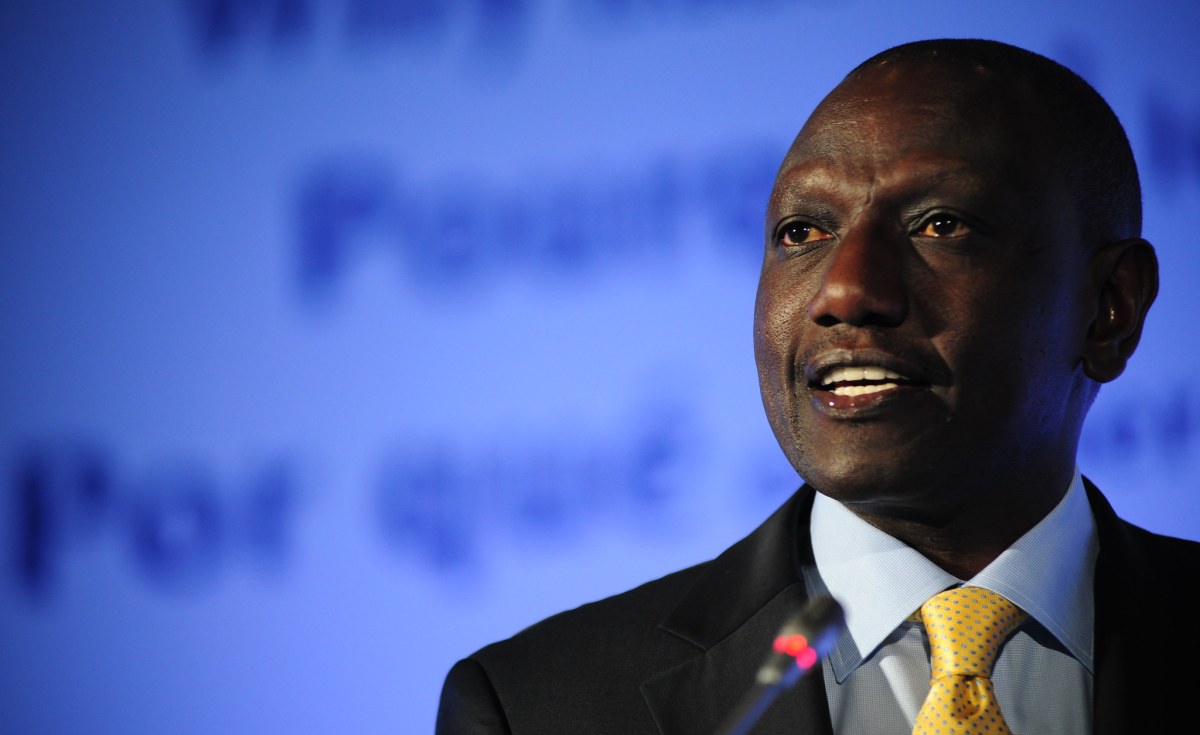Nairobi — Rights groups are welcoming Kenyan President William Ruto’s order for investigations into extra judicial killings carried out by police. Ruto told Kenyan media Wednesday one police station had a shipping container where “people were being slaughtered.” But critics note Ruto said little about the issue as vice president and say police reforms are key to ending the practice.
Ruth Mumbi recounts the day in 2017 when she says her brother was murdered on the road by a policeman. Mumbi says her brother’s killer shot him dead in broad daylight for a reason the family has yet to know.
She says he had gotten off a motorbike to ease himself when police approached him and ordered him to kneel. Then they shot him dead. She says a friend he was with came to inform us that he had been killed.
Mumbi’s family is among those hoping to find answers about the deaths of their kin following President Ruto’s order for investigations into police killings.
In a meeting with reporters this week, Ruto said he has tasked Kenya’s Independent Policing Oversight Authority to probe extrajudicial killings, among them a September incident where dozens of bodies were found in a river.
Rights groups say his directive is a step in the right direction. Irungu Haughton is the executive director of Amnesty International Kenya.
“It is important that he made these remarks, particularly as we have a number of high-profile cases coming up of commanding officers and individual officers that have been accused of misuse of their offices and essentially murder, and in many ways it will be important to see whether these cases proceed in line with his broad policy directive that extra judicial killings and forced disappearances are unacceptable,” Irungu said.
Human Rights Watch senior researcher Otsieno Nyamwaya told VOA that although Ruto’s public stand on extrajudicial murders is significant, concrete steps that address a long-term solution to the practice are crucial.
“Part of what is needed is the government to restart police reforms as initially envisaged under the 2010 constitution, including the vetting of police officers. The police officers who had been found unfit to serve under the vetting process have since been returned to the force,” said Otsieno.
Critics observe that Ruto barely talked about extra judicial killings during his term as deputy president under President Uhuru Kenyatta.
Nyamwaya believes the alleged police killing of two Indian IT experts who were part of Ruto’s election team last year has stirred up his drive against such killings.
The Kenya National Commission on Human Rights says at least 94 people were killed extra judicially by police in 2022.
(Except for the headline, this story has not been edited by PostX News and is published from a syndicated feed.)

